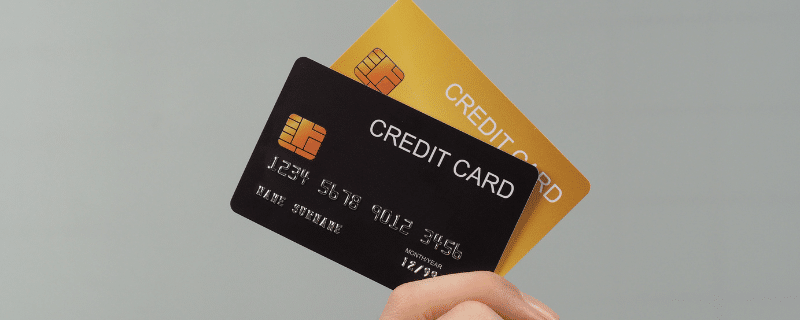Credit card and debit card are the two main types of payment cards. Both of these are used for transaction purposes, but they differ in the type of money that they offer. Let us understand these two cards in more detail throughout this article. You will also learn the difference between both credit card and debit card.

Definition and Functions of Credit Cards
It is a well-known payment card through which you can make a limited amount of payments. After a minimum time period, you need to repay this amount to the card issuer. Therefore, there are several types of credit cards, each with its own features. Some of the best credit cards are – Amazon Pay ICICI Bank Credit Card, Flipkart Axis Bank Credit Card, HDFC Bank Millennia Credit Card, Cashback SBI Credit Card, and Axis Bank Atlas Credit Card.
With rewards credit cards, you can earn reward points, EDGE points, Club Vistara Points, and more, while balance transfer cards allow you to transfer high-interest debt to another card with a lower interest rate. Low-interest cards provide a lower interest rate than other types of cards, making them a good option if you carry a balance.
Definition and Functions of Debit Cards
This card is well-known as a payment card that allows you to spend money that you carry in your bank account. When you make a payment through your debit card, it quickly deducts the amount from your bank account. Various cards are available, including prepaid cards and ATM cards.
Prepaid cards help to add money onto the card and spend it like a debit card. Employers mainly use this card to pay their employees, while ATM cards are mainly used to withdraw cash from ATM machines.
Differences Between Credit Cards and Debit Cards
Credit Cards and Debit Cards both are different from each other. A credit card helps in borrowing money to make purchases, while debit card only helps you to spend money that you already have in your bank account. This means that credit cards can be a good option if you need to make a huge purchase or if you want to earn rewards or offers while you spend.
However, this can be risky as well if you are not carefully spending money, and it can lead you to debt and high-interest charges.
Credit cards and debit cards also vary in terms of security. With a credit card, you are not eligible for unauthorized charges, but you may have to report the fraud within a certain timeframe. With a debit card, you may be eligible for unauthorized charges if you do not report the fraud within a specific timeframe. This means that credit cards may be a safer option if you are concerned about fraud or identity theft.
Credit card usage can help you to build credit score if you use it responsibly. This means paying your bills on time and keeping your balance low. Using a debit card never affects your credit score, as there is no borrowing involved.
Between Credit Card and Debit Card, Which Should You Use?
If you are trying to build credit or get rewards, a credit card may be a good option. If you are on a tight budget or concerned about overspending a debit card may be a better choice. A credit card may be a good option when you need to make a large purchase or if you want to earn rewards for your spending. However, it is important to use a credit card responsibly and avoid carrying a balance.
If you want to increase your credit score or get reward points, a credit card may be a good option. If you follow budget plans or are concerned about overspending a debit card may be suitable for it.
Also Read: Elevate Your Travel Experience with Club Vistara SBI Card PRIME!
Conclusion
Credit card and debit card are both useful forms of payment, but they differ from each other. Understanding the core differences between credit cards and debit cards can help you make informed decisions and avoid accruing debt or incurring high fees. When you’re selecting between a credit card and debit card, consider your financial situation, spending habits, and credit score to determine which one is the best choice for you.




